To help Aboriginal and Torres Strait Islander corporations understand what Data Sovereignty means and why it matters...
Waltja women in governance

Waltja Tjutangku Palyapayi Aboriginal Corporation’s directors are Indigenous women from remote communities across Central Australia. Directors (a maximum of twelve senior women) are elected by members at Waltja’s Annual General Meeting. To be eligible for election, the women must be permanent residents of their community. Once elected, Waltja’s directors vote on five officer bearer positions: chairperson, public officer and three executive directors. Together with the CEO, they make up Waltja’s executive team. Directors and executive directors hold office for one year and are able to run for re-election every year.
The Waltja board represents each of Waltja’s target communities. Directors are chosen based on their length of membership with Waltja, their community service, leadership, and advocacy skills. Each director has a proxy who often takes an active role in the community and during meetings as necessary. This means that if a director is unable to attend a board meeting, their community’s voice can still be heard. It also means that directors feel supported by the proxy when they need to talk about or make decisions that impact their own community.
Waltja’s system of inviting a second woman, the proxy, to attend meetings along with each director also encourages community development. It allows more experienced women the opportunity to mentor younger or less confident women and facilitates succession planning. Both Waltja’s directors and proxy directors are volunteers.
Through the board of directors, Waltja provides Aboriginal women leaders an opportunity to discuss issues, concerns, and needs across different language groups. This space allows them to celebrate their culture, build and maintain trusted relationships across the region, and engage with stakeholders and service providers. These interactions help build genuine intercultural understanding and ensure their voices are heard.
In the above video, April Martin talks about Waltja’s governance processes and the strong women who are on their board.

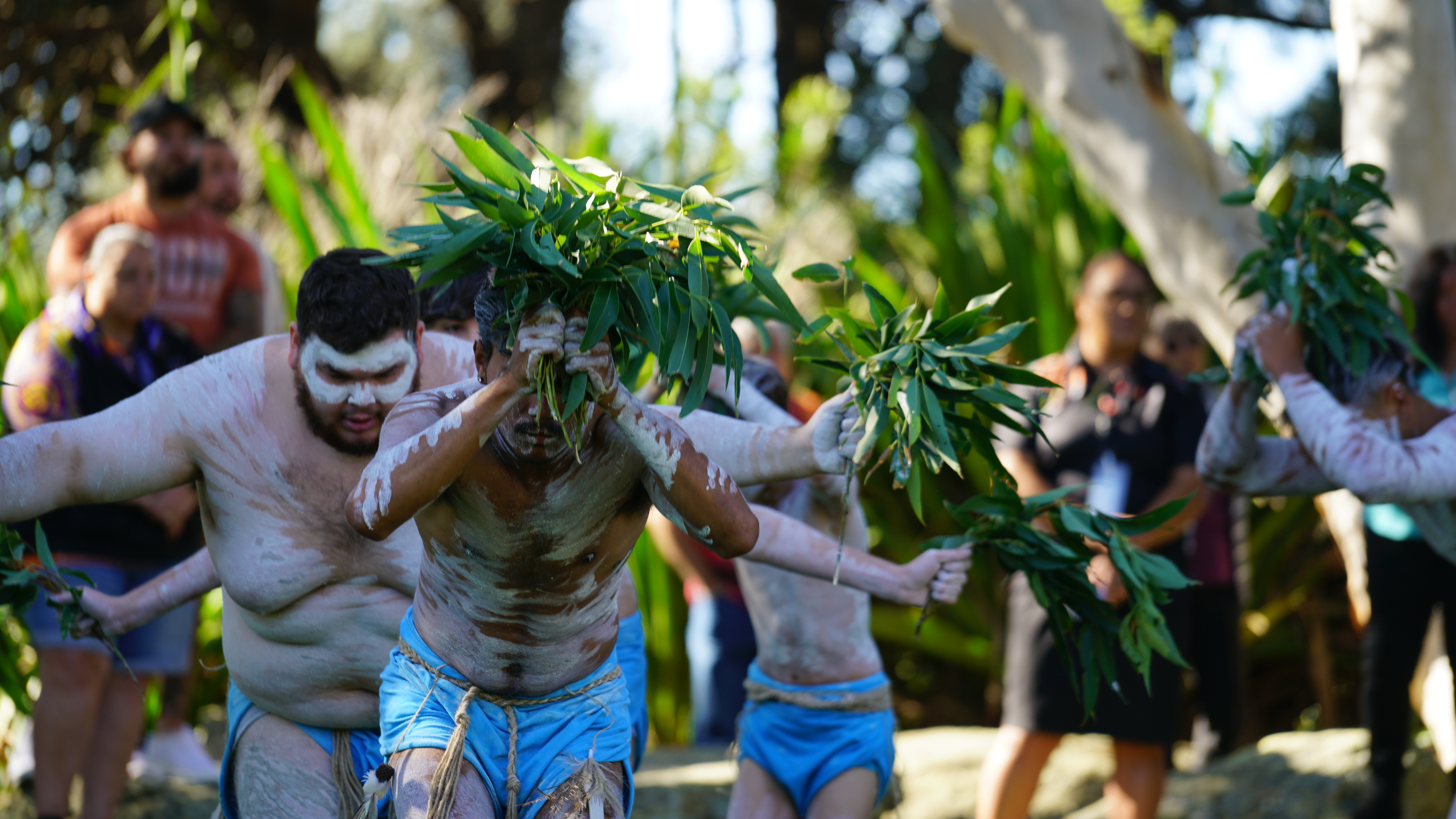
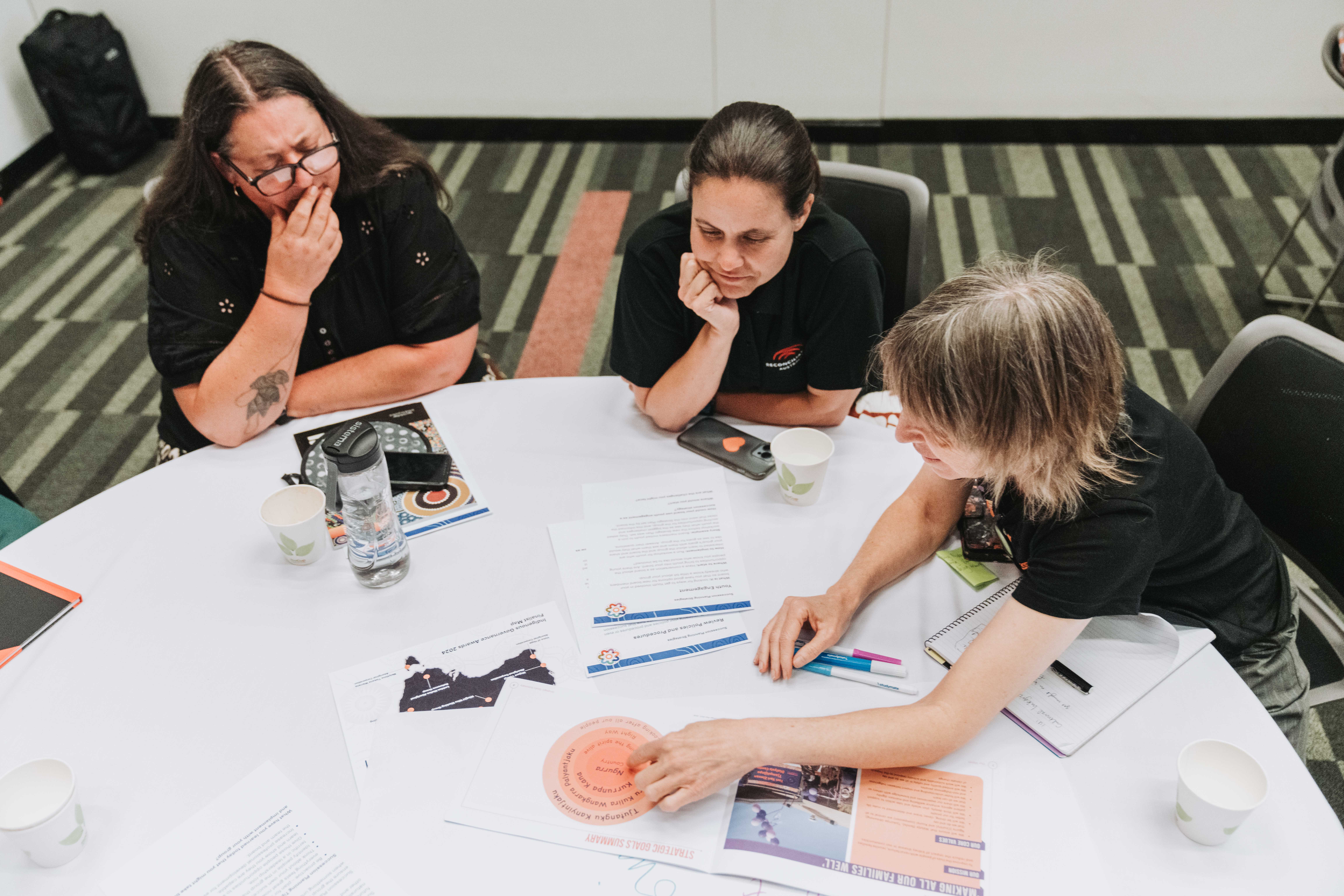
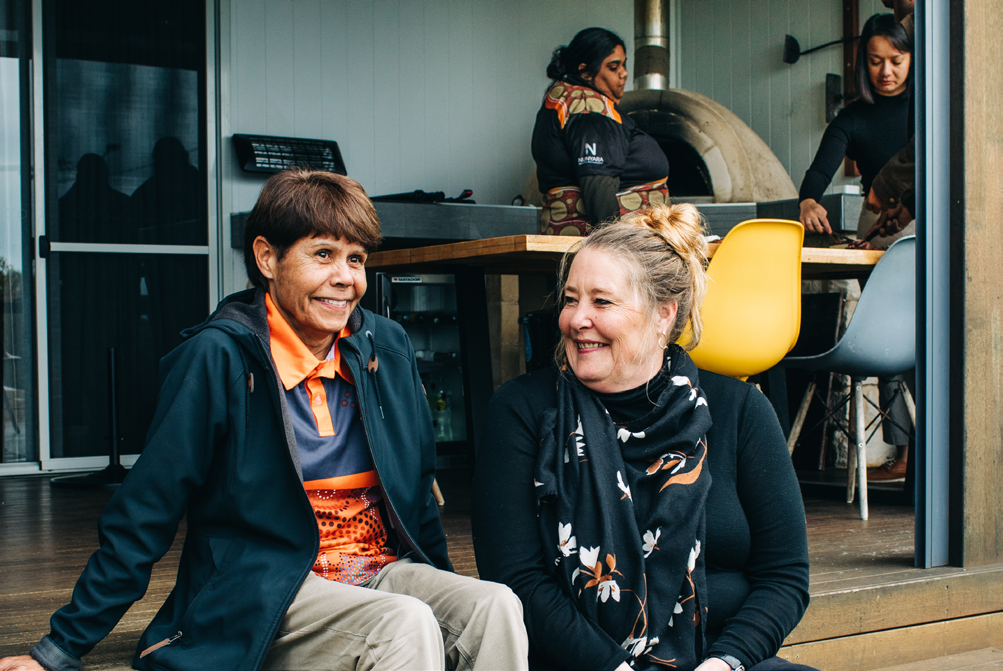

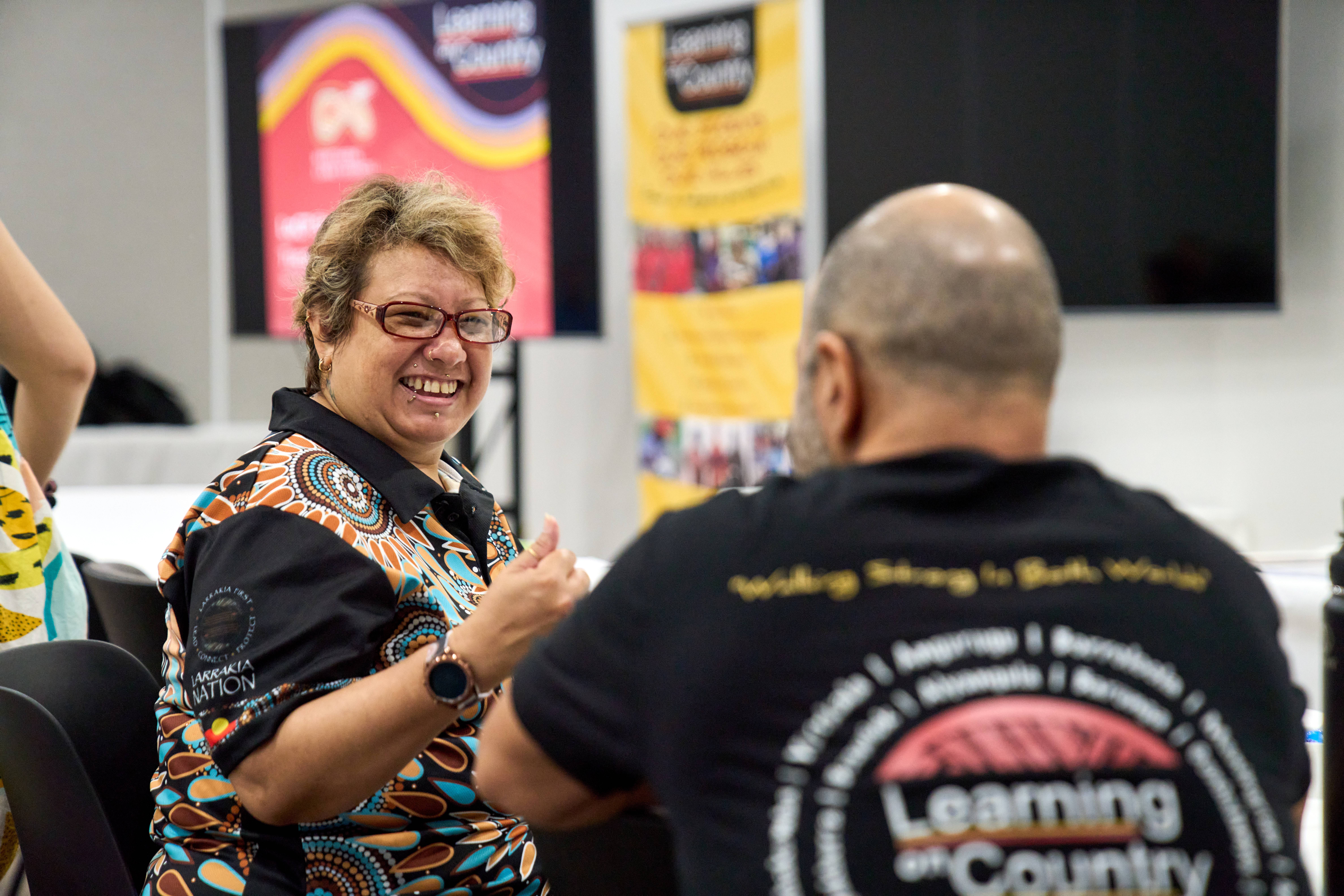
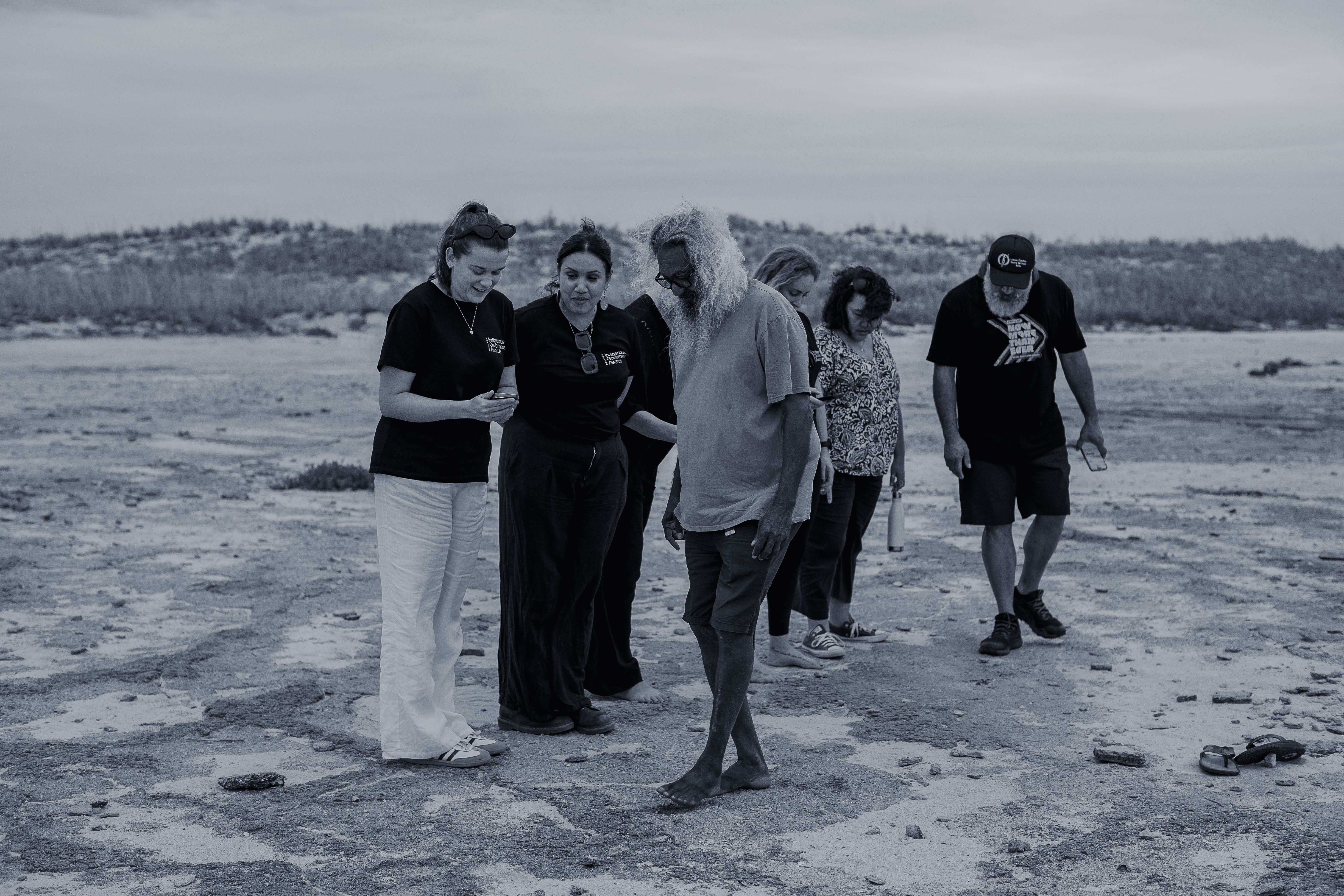

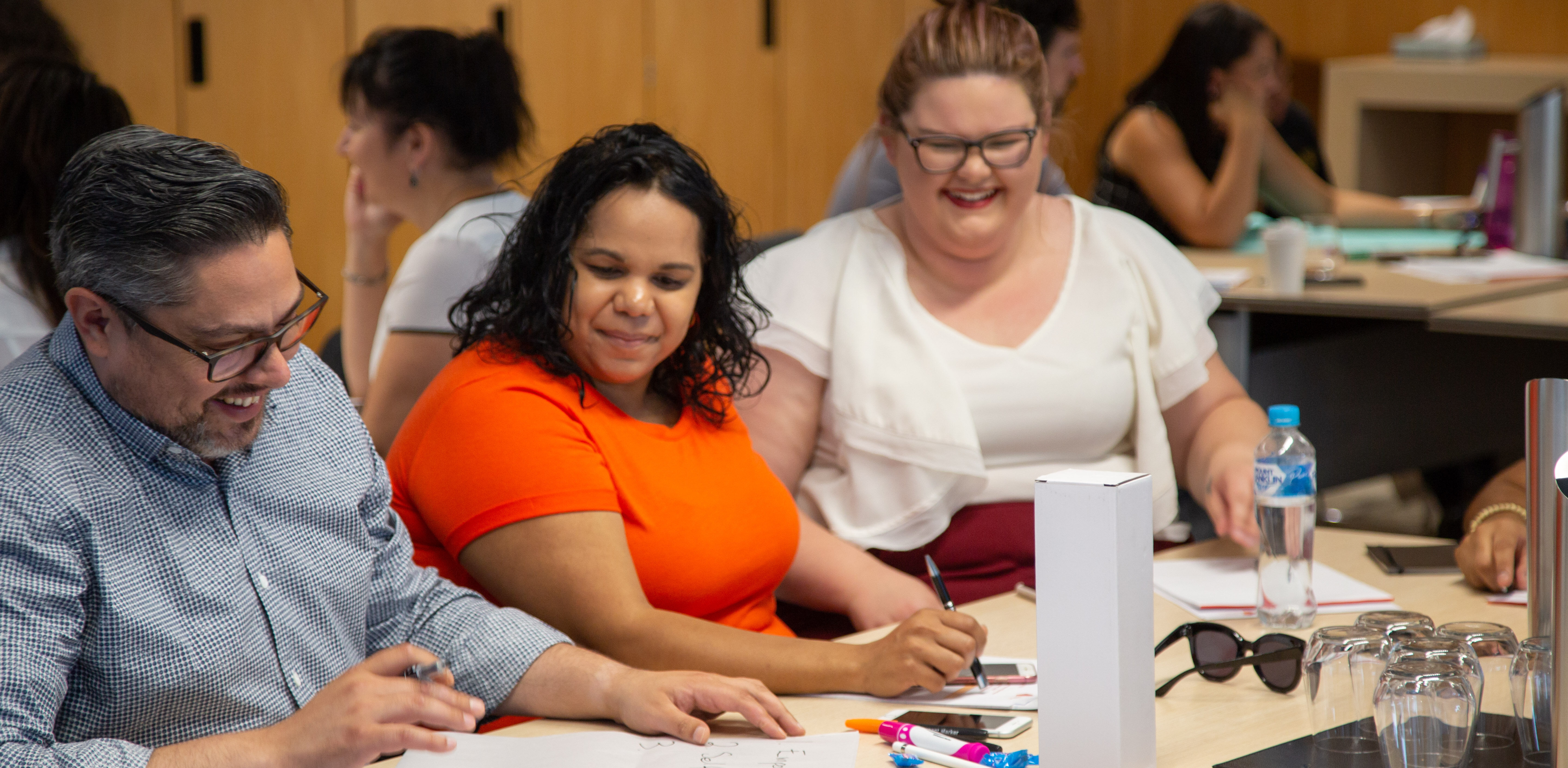
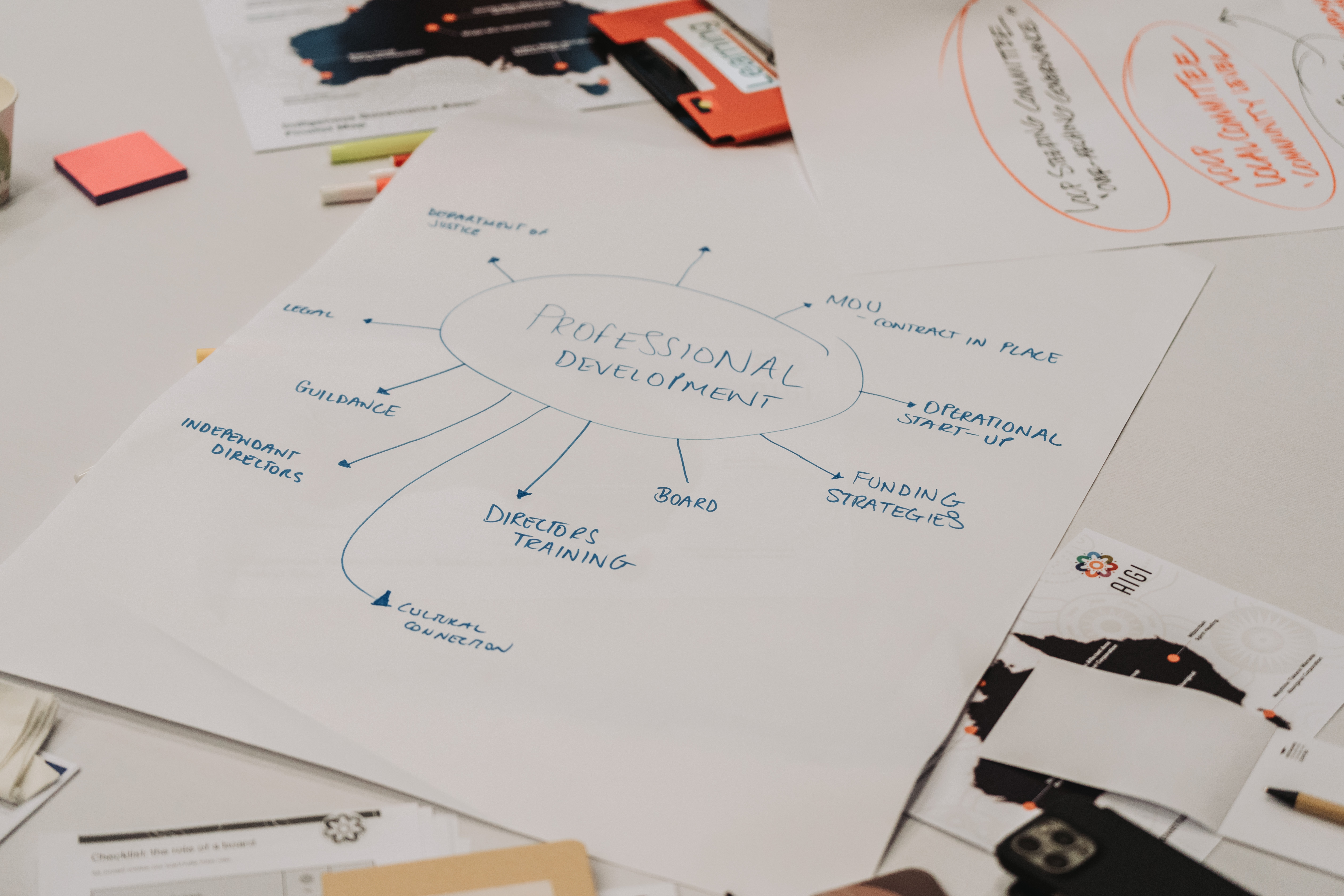
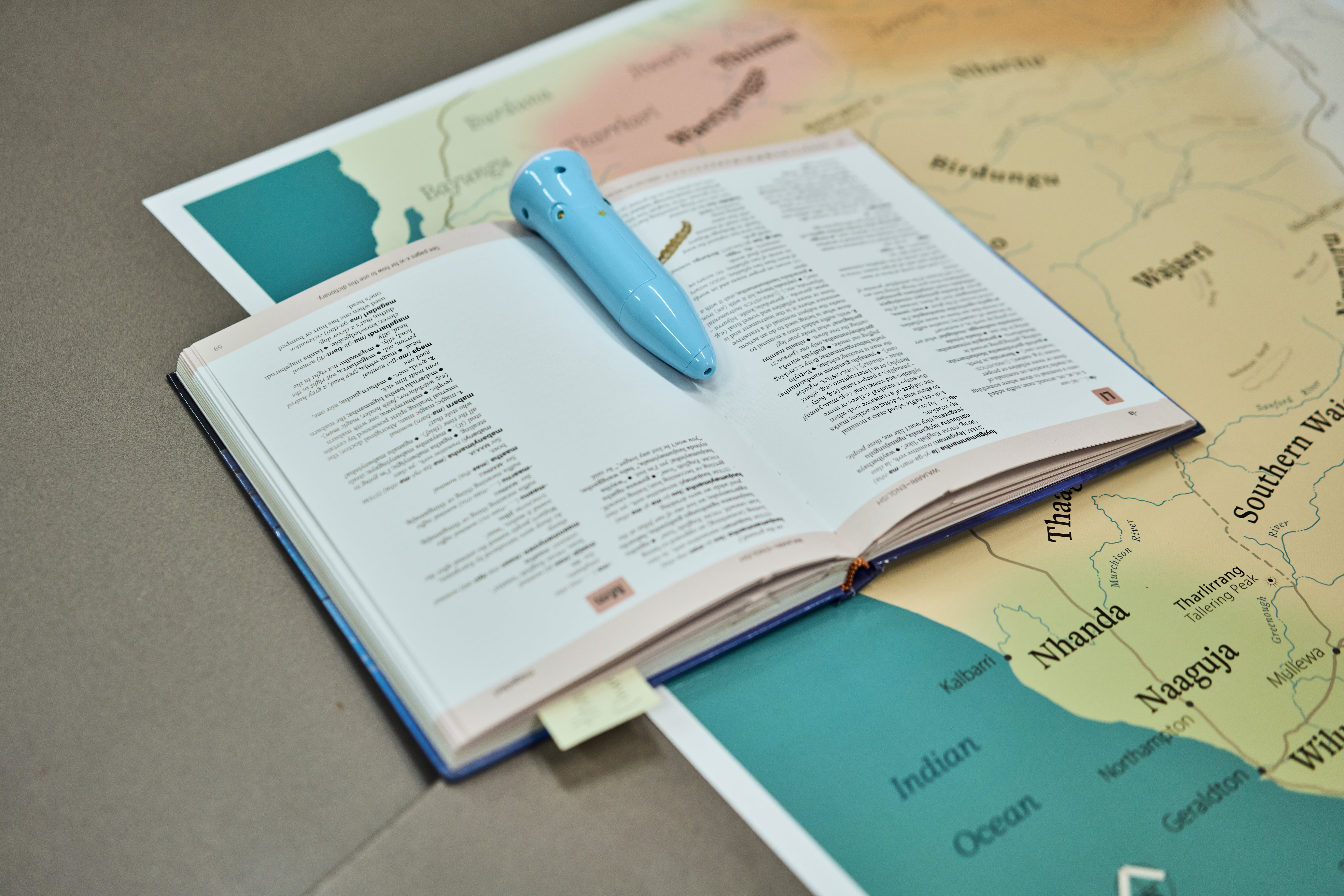

.png)

